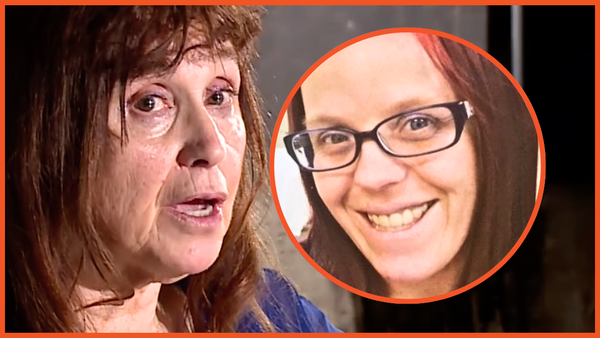WHETHER you see it as protecting children from pornography, or as an infringement on people's free speech and personal data, the Online Safety Act is now officially enforced.
Compelling all websites and online platforms to introduce strict age verification measures, the act bans underage kids from accessing content deemed age-inappropriate.
We went out on the streets from Glasgow to find out what the people truly think about the Online Safety Act.
Some locals agreed with the UK Government’s aims, with one woman saying: “I think it's a good idea, I think it will take a long time for the implementation to actually be ideal, it's a bit inconvenient right now, but I think in general it's a good idea.”
While the Government claims the act marks a significant step toward creating a safer digital environment, the legislation has been met with sharp criticism from civil liberties groups, tech experts, and members of the public.
One man who we spoke to said: “It’s fucking stupid, it’s pointless – it’s supposed to protect children even though it’s fucking not.”
He continued on to say: “The whole thing is to protect children, in less that 24 hours the same children who they've tried to protect managed to bypass it.
The use of VPNs (virtual private networks) has spiked since the introduction of the new laws. These allow users to tell websites they are in another country, where the UK act does not apply.
There have also been reports of young people using video game characters to trick their way past facial ID checks.
Opponents argue that the law could set a dangerous precedent for online surveillance, with potential consequences for freedom of expression and digital privacy.
A member of the public said: “It's just the government overreaching its powers, it's just really not fair.”
A petition calling for the act to be repealed has passed half a million signatures, with concerns over the collection and storage of sensitive data, such as ID documents and facial recognition scans.
Critics fear that leaving individual platforms responsible for managing this data may increase the risk of security breaches, identity theft, and misuse of personal information.
One Glasgow local told The National: “I feel weird about giving some websites my identification, you don't know who you can trust.”
Despite mounting pressure and public concern, the government has stated that it has no plans to repeal or revise the legislation.
Ministers maintain that the act is essential for tackling harmful online content and protecting the most vulnerable members of society.







